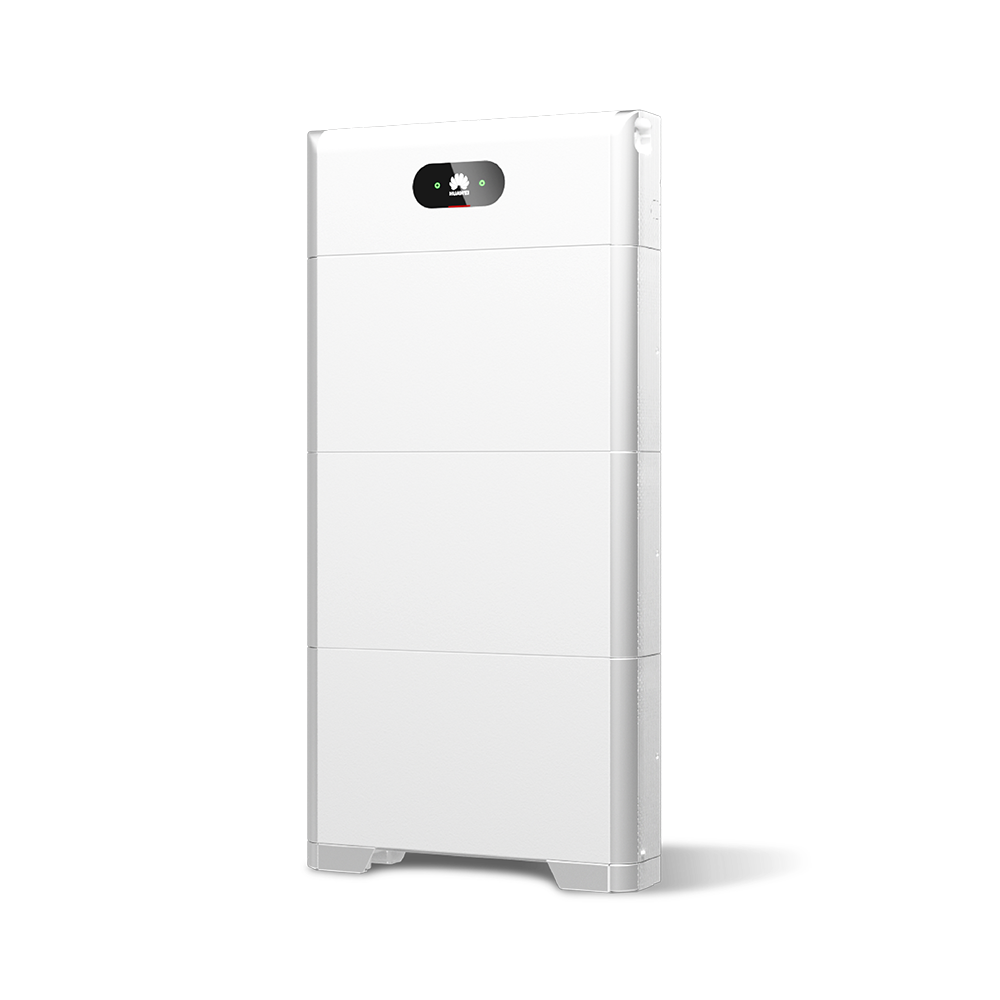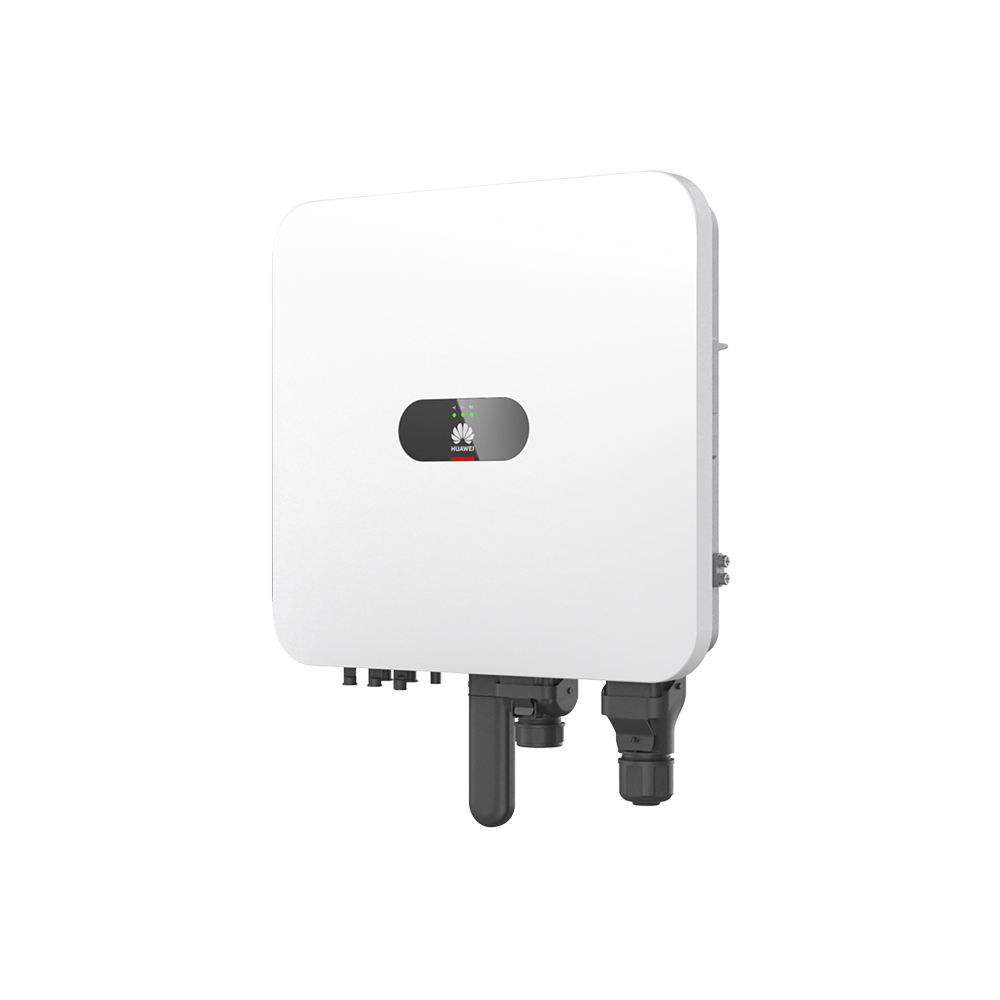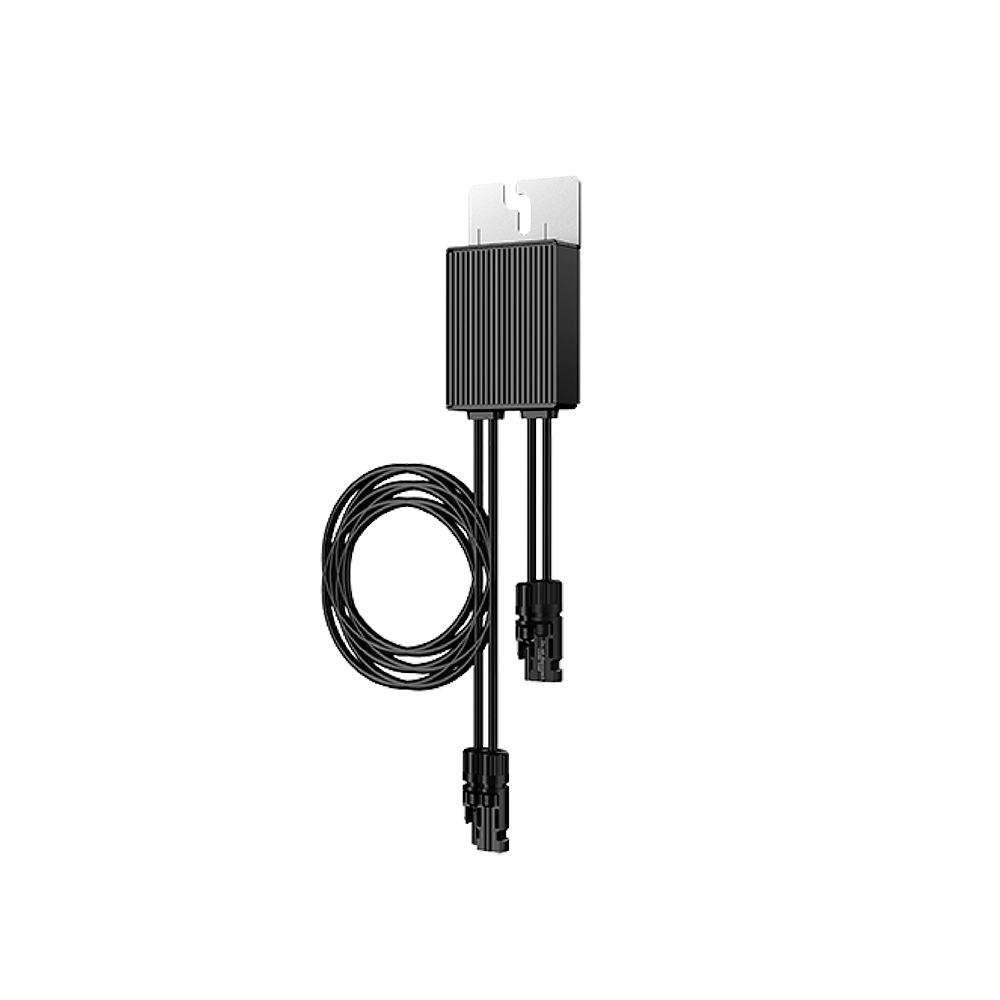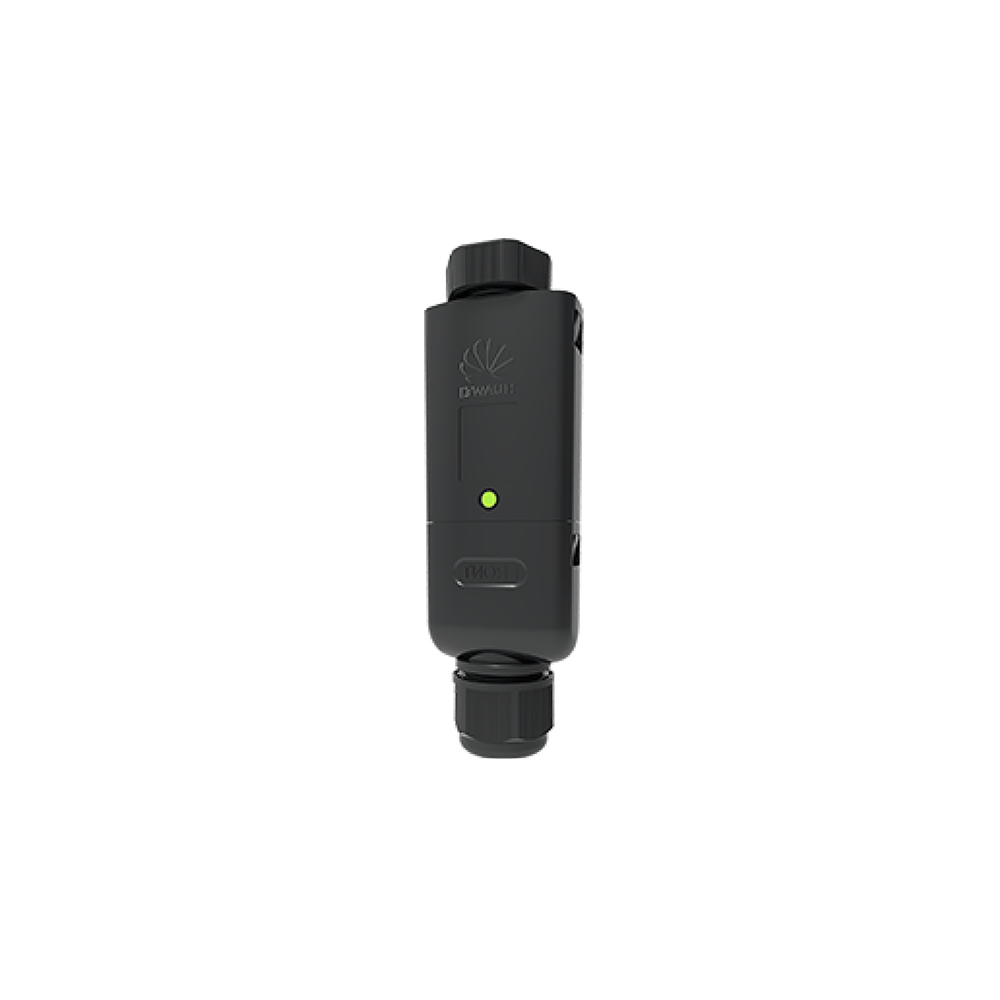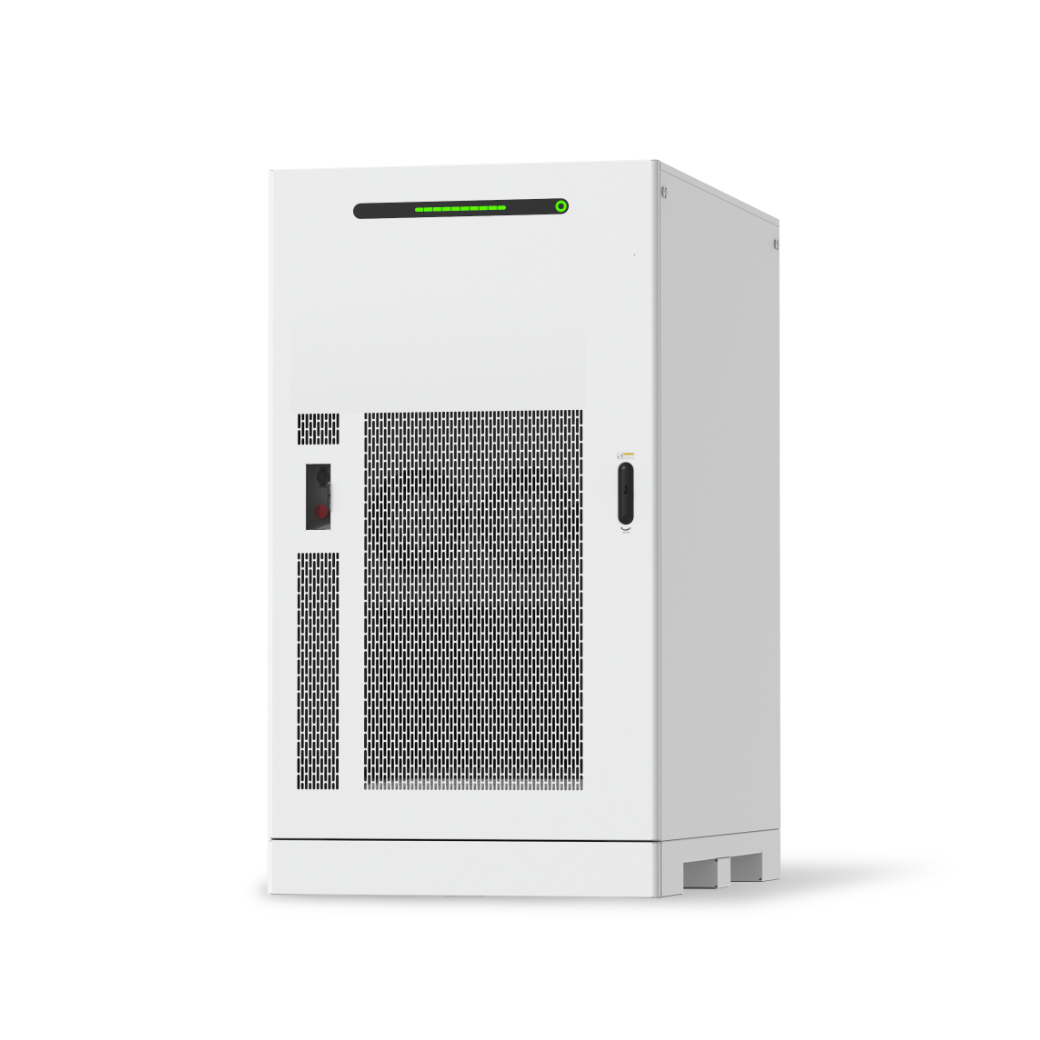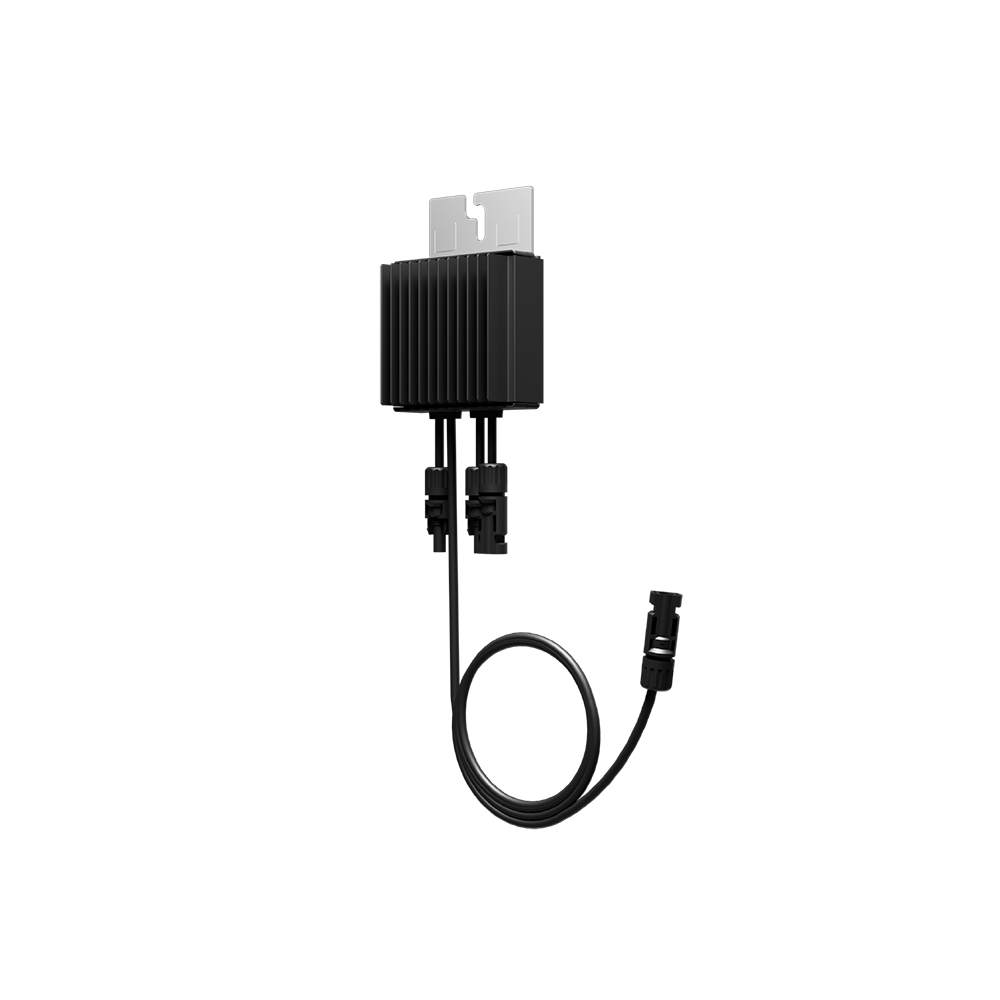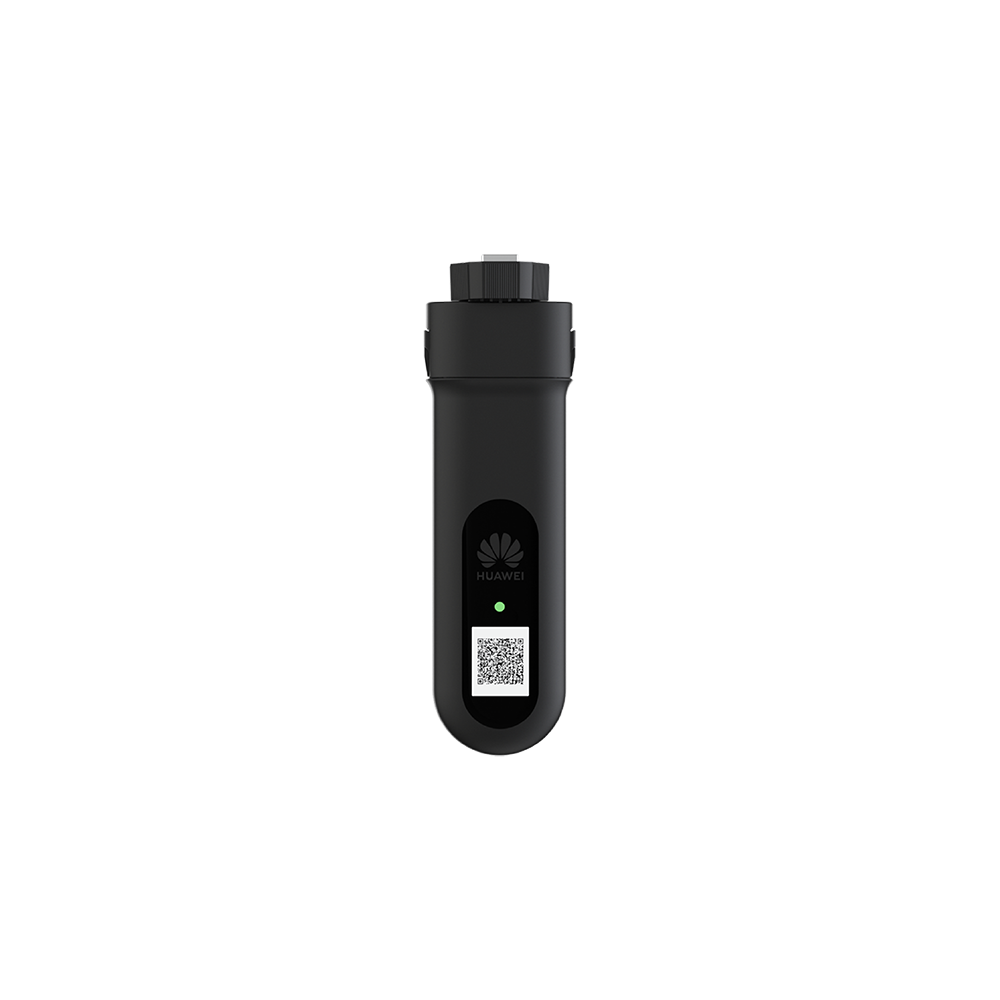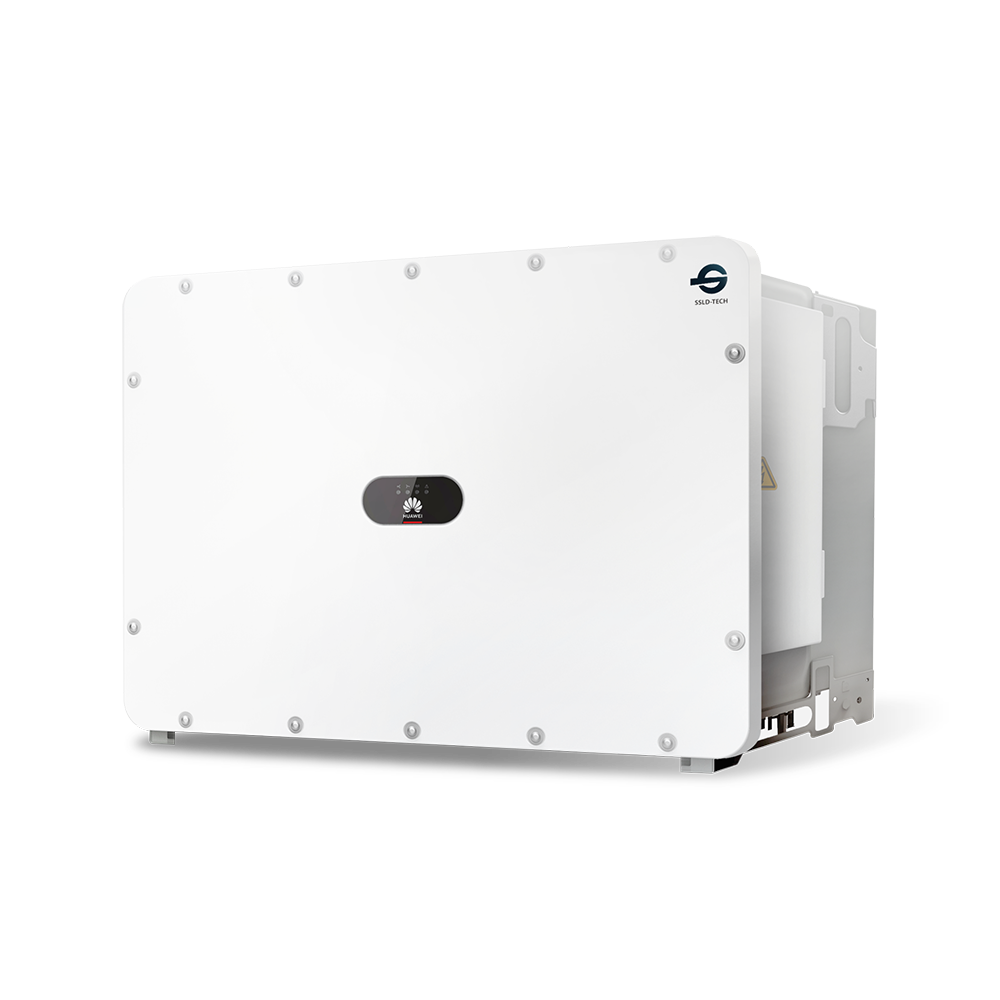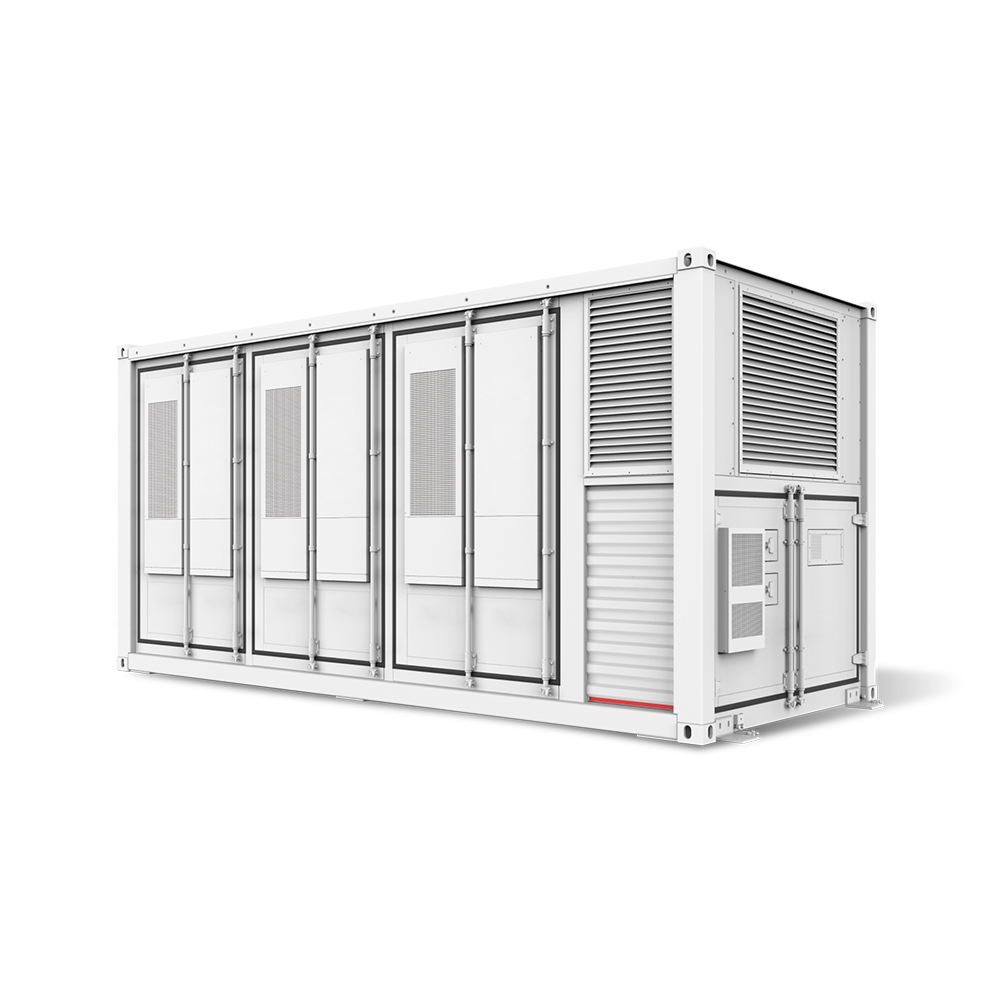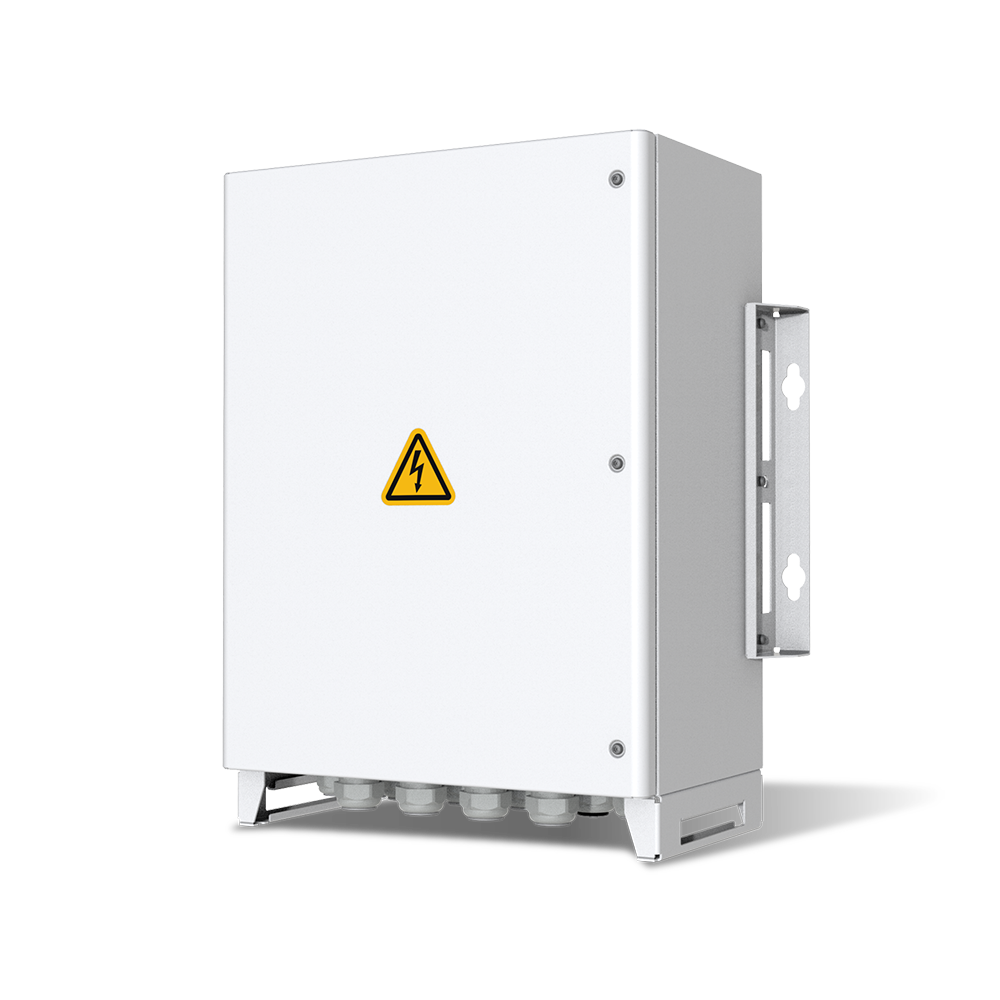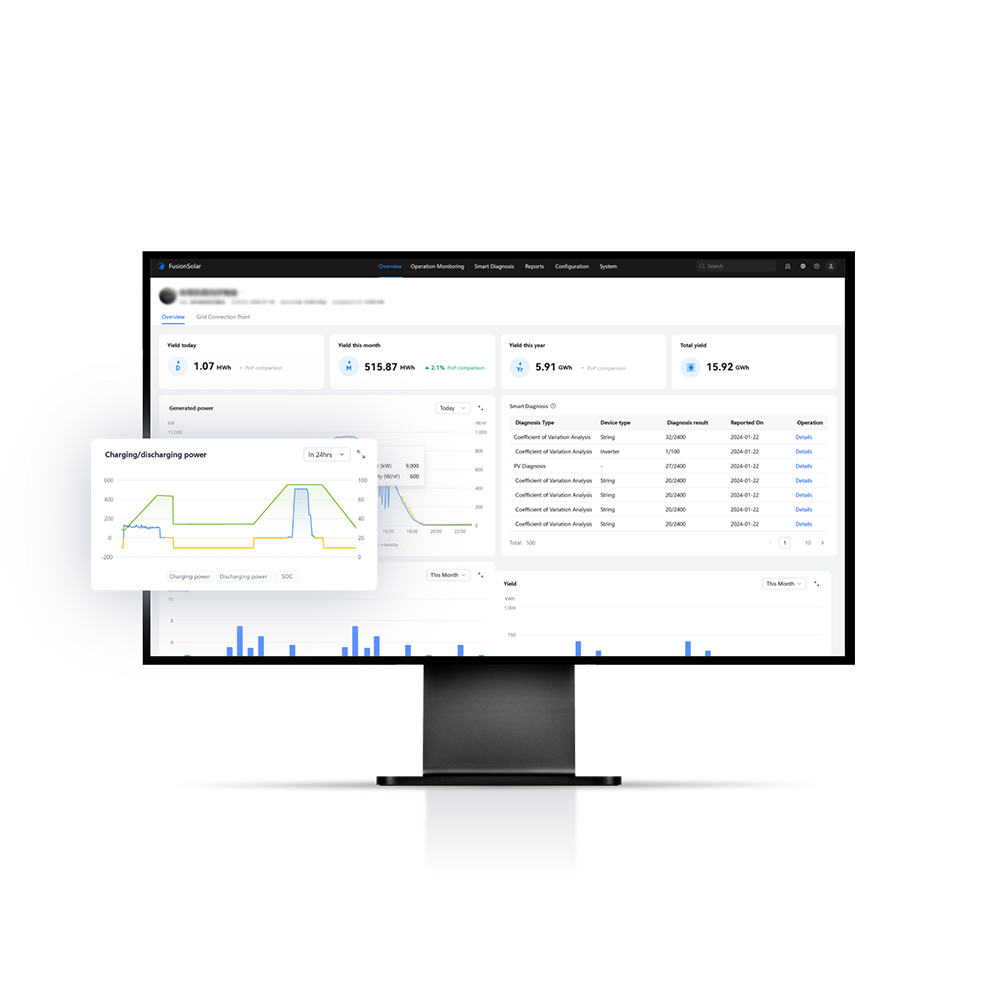- Фотоволтаици за комунални услуги
- Комунални фотоволтаици и батерии
- Интелигентна струнна решетка Формиране ESS
- Интелигентна микромрежа
Обратно към меню
Полезни инструменти
Комуникационни пътища
Истории
Обратно към меню
Полезни инструменти
Комуникационни пътища
Обратно към меню
Обратно към меню
Комуникационни пътища
Обратно към меню
Техническа поддръжка
Запитване на самообслужване
Изтегляне
Отмени
История на търсенето
Препоръки
- SUN2000-5/6/8/10/12K-MAP0
- LUNA2000-7/14/21-S1
- SUN2000-150K-MG0
- LUNA2000-215-Series


